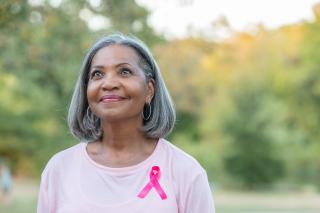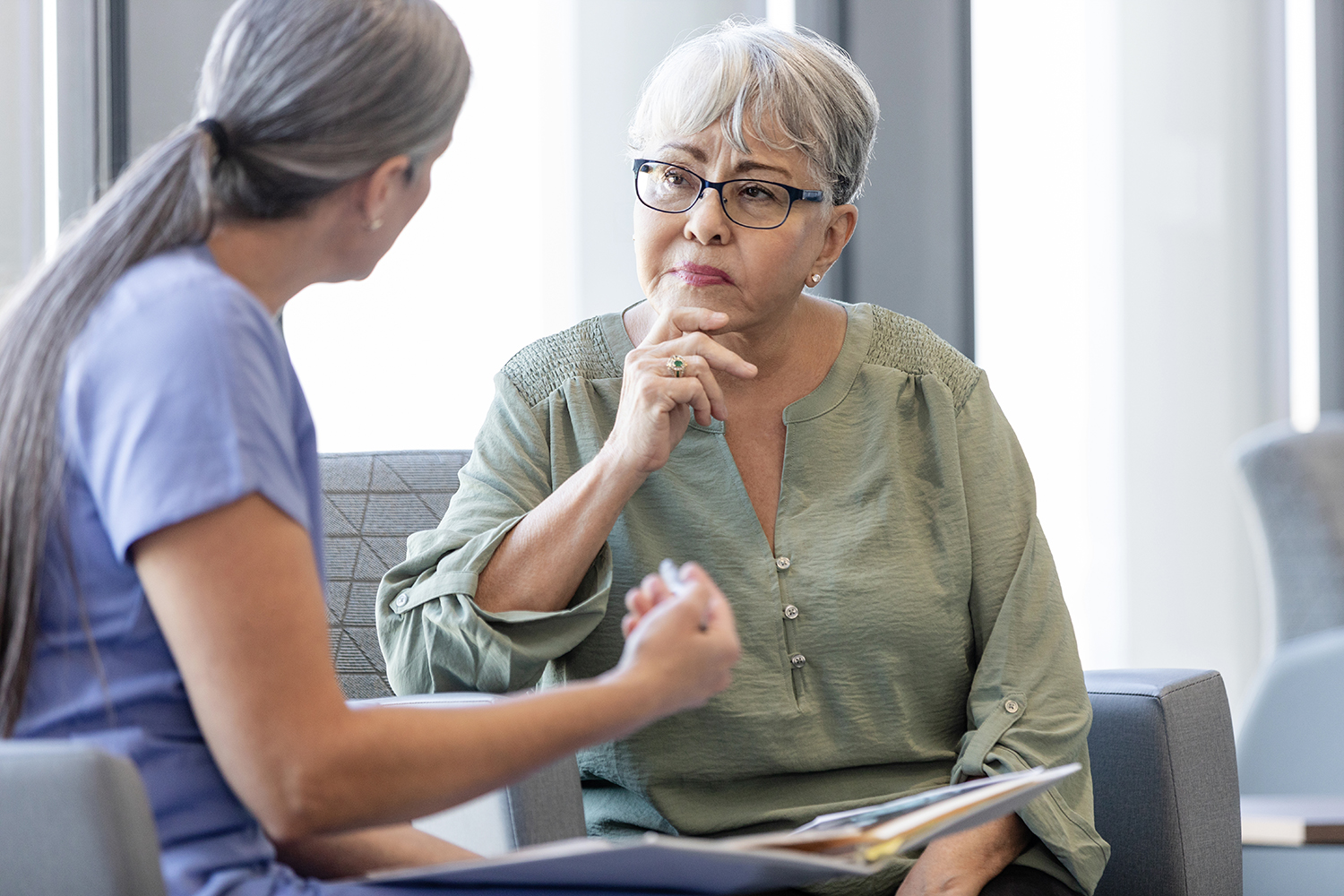Breast Cancer Myths: What Seniors Need to Know About Risk and Prevention
When it comes to breast cancer, there are plenty of misconceptions that can lead to confusion—especially among older adults. For seniors, understanding the facts about breast cancer is crucial for maintaining their health and making informed decisions about prevention and screening.
Here are some of the most common myths about breast cancer, and the truths seniors need to know.
Myth 1: "I’m Too Old to Get Breast Cancer"
Many seniors believe that breast cancer primarily affects younger women, but the reality is that breast cancer risk increases with age. In fact, women over 55 account for the majority of new breast cancer cases. Just because you've reached a certain age doesn’t mean you're no longer at risk.
Regular screenings are essential for early detection, no matter your age. Even if you've never had breast cancer or haven’t had a screening in years, it’s important to stay proactive and consult your healthcare provider about the right screening schedule for you.
Myth 2: "If I Don’t Have a Family History, I’m Safe"
While family history is a significant risk factor for breast cancer, most women diagnosed with breast cancer do not have a family history of the disease. Seniors, in particular, may assume that because no one in their family had breast cancer, they don’t need to worry. However, other risk factors like age, lifestyle, and hormonal changes play a significant role.
Even if breast cancer doesn’t run in your family, it’s still important to get regular screenings and be aware of any changes in your breast health.
Myth 3: "Mammograms Are Dangerous Because of Radiation"
One of the most persistent myths is that mammograms expose you to harmful levels of radiation, which can cause cancer. In reality, the radiation from a mammogram is extremely low and is considered safe, even for seniors. The benefits of detecting breast cancer early far outweigh any minimal risk from the screening itself.
For seniors concerned about radiation exposure, alternative screening methods like ultrasound or breast MRI are also available. Consult with your doctor about the best option for you.
Myth 4: "If I Don’t Feel a Lump, I Don’t Have Cancer"
Many seniors may assume that as long as they don't feel a lump, they’re in the clear. However, breast cancer doesn’t always present as a lump, especially in its early stages. Other symptoms, such as changes in breast size, shape, or skin texture, can also indicate breast cancer. Some breast cancers are detected only through screenings like mammograms.
This is why regular screenings are crucial—they can catch cancers that might not be detected by touch alone.
Myth 5: "Breast Cancer Can’t Be Prevented"
While there’s no surefire way to prevent breast cancer, seniors can take steps to lower their risk. Maintaining a healthy lifestyle by eating a balanced diet, exercising regularly, limiting alcohol intake, and avoiding smoking can all help reduce the risk of breast cancer. Additionally, regular screenings and staying informed about breast health are key preventive measures.
By understanding the facts and busting these myths, you can take control of your breast health and reduce their risk of breast cancer. Knowledge is power, and being proactive with preventive care can make all the difference.
Don’t skip your annual screening! Schedule an appointment today to discuss options with your doctor.
Interested in becoming a Dedicated Senior Medical Center patient? We focus on personalized care for older adults like you! Find a center near you to book a tour and experience the difference.




